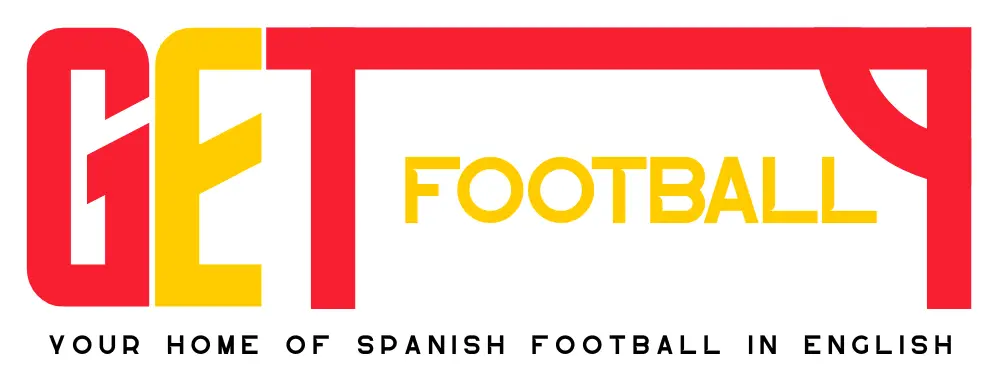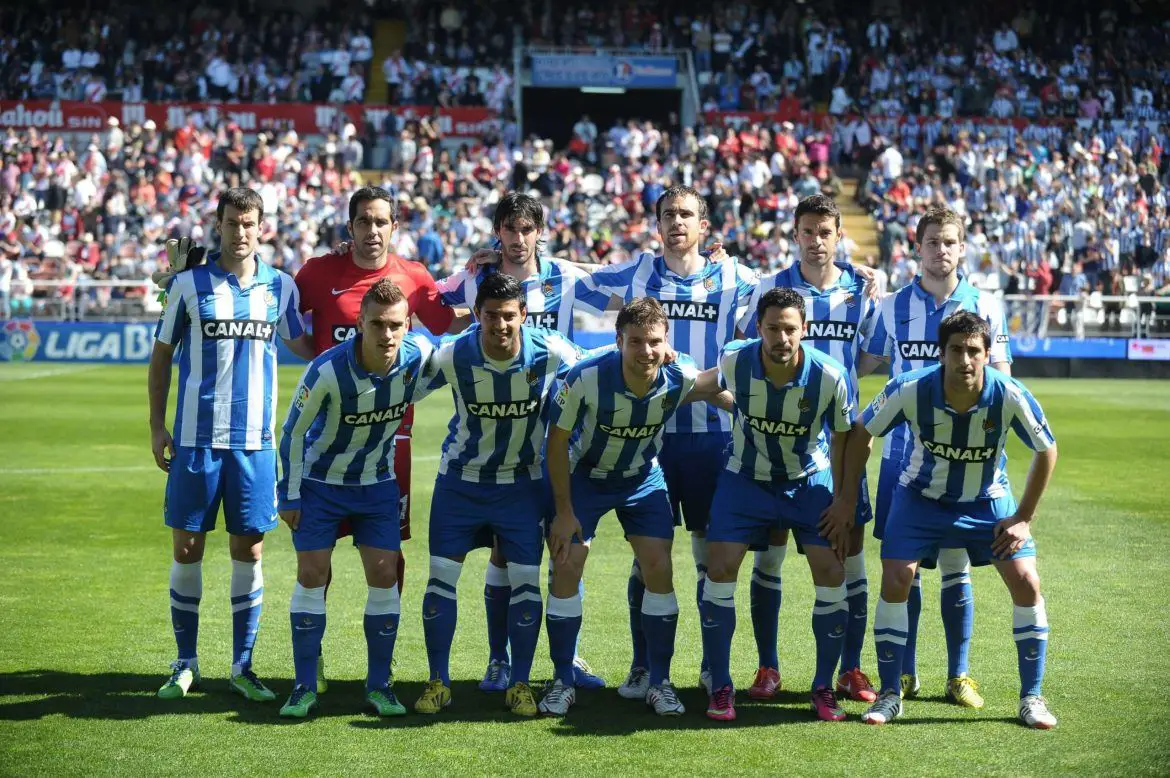Real Sociedad’s recent years have been riddled with consistent midtable or lower midtable finishes. While the club’s home ground, the Reale Arena, is known for giant killings and regularly putting one over Barcelona, their overall league finishes haven’t exactly portrayed them in the same light as the likes of Sevilla or Valencia.
But like many teams in Europe, La Real had a brief period in recent times when things looked really bright. Rather, they seemed brighter than ever. The club defied many odds to do it and even went onto play in the UEFA Champions League.
While the period after that has witnessed a host of managerial changes and instability, the 2012-13 season was one of the best in Sociedad history. It certainly doesn’t eclipse the 2002-03 campaign, when they came within two points of winning the La Liga from Real Madrid and did play in the Champions League in the 2003-04 season.
But under French manager Philippe Montanier, Sociedad had done exceptionally well in a season that had witnessed a tight top-four race. Many names of that team would be well-known to a lot of fans today, but that season under Montanier gave them the foundation and platform to go one better and potentially join bigger clubs.
Over that 2012-13 season, Montanier’s Sociedad became synonymous with a 4-2-3-1. The club acquired the signature of Carlos Vela from Arsenal, who hadn’t particularly used him well since he first came onto the scene. The Mexican had arrived for a fee of €14m and that was the only money La Real spent in the summer of 2012. He had spent the 2011-12 season on loan at the Basque club and had ended up being the club’s highest scorer with 12 goals in all competitions under Montanier himself.
Current Athletic Club defender Yuri Berchiche arrived from Real Madrid, but his and Chory Castro’s arrival from Mallorca were free transfers. On his arrival, Berchiche was loaned out to Eibar in an attempt to hand him more first-team football.
Apart from Vela, the 2011-12 season had seen a certain Antoine Griezmann contribute to 11 goals, while Xabi Prieto had also scored 10 goals. All three of them had been crucial to helping the club secure a midtable finish.
While the lack of new transfers was disappointing, there was stability at the club because of that. The same players knew about the system which relied on quick attacking transitions and counter-attacking goalscoring. That is what the 2012-13 season was about.
The season began in the worst way imagined. In the visit to Camp Nou on the opening day, La Real took a 5-1 beating in Catalonia. In a dominating performance for the home side, Lionel Messi scored a brace, while David Villa and Pedro got a goal each. But despite the poor start to the campaign, Sociedad recovered in their home game against Celta and picked up a 2-1 win.
Imanol Agirretxe grabbed a vital brace, helping Montanier’s men comeback from a goal down in the second half.
Overall, the first few games of the season mirrored an inconsistency that reminded them of the previous season. Before a four-game winless run, they lost to Mallorca and Levante. But there were a couple of wins in between, as they beat Real Zaragoza and rivals Athletic in the Basque derby. And by this time, Vela and Griezmann had opened up their tallies with the Mexican scoring twice and the would-be World Cup winner scoring in the derby.
The four-game winless run raised question marks about Montanier. The 2-0 loss to Real Betis and a 1-0 loss to Atlético de Madrid saw the club fail to score in two games. They did hold Real Valladolid to a 2-2 draw but the 1-0 loss at home to Espanyol the following week made many fear for the French manager’s future.
Despite the results, there was also a feeling that all wasn’t lost. The loss margins weren’t high and the defeat to Espanyol was a rather unlucky one. Txuri-urdinak had registered 16 shots on goal, with Mauricio Pochettino’s Espanyol registering only eight. The Barcelona-based side had to rely on a late Diego Collotto goal to win and it wasn’t the worst result at all.
Another promising sign was how Montanier had figured out what the first-team looked like. Agirretxe had become the regular striker, with Prieto just behind him in the 4-2-3-1. Griezmann and Vela would play on each flank and were versatile enough to play on either.
Asier Illaramendi and Markel Bergara had begun the season well in central midfield, with Alberto de la Bella also doing well at left-back. Around this time, Iñigo Martínez had become one of the best young central defenders in Spanish football too.
Riding on the promise from the Espanyol loss, Sociedad went onto play out a sensational season. In the 20 games that were left in the campaign, they lost only two with one coming at the Santiago Bernabéu in a 4-3 loss to Los Blancos. Despite the loss, it was a performance to take pride in.
Like that 4-3, there were multiple high-scoring games on the way. The defence didn’t have the best of campaigns and the team’s style of committing numbers forward left the backline exposed. But the attacking bits happened perfectly. The 5-2 win over Valencia was a particular highlight, as the club made another addition to the old Anoeta curse by beating Barca 3-2 at home.
The season closed out with a four-game unbeaten streak, in which Montanier’s men scored eight goals. They finished fourth in La Liga, just a single point above Valencia. Vela finished with 23 goals to his name, while Griezmann notched 10. Carlos Martínez finished as one of the best performers. Illaramendi also got the big push he needed to later join Real Madrid.
A contract dispute with La Real saw Montanier leave for Ligue 1 side Rennes at the end of the season, but that season was crucial to the development of many players. Not just Griezmann, Vela or Illaremendi, Claudio Bravo also thrived between the sticks, and Martínez caught even more attention from bigger clubs.
It is Griezmann’s development that was vital, considering how the transfer-related controversy had hounded him for many months under Montanier. He had publicly made claims about wanting a move to Atlético de Madrid and had done the same during a France U-20s team camp.
Despite all that, Montanier invested trust in the young forward. Griezmann had parted ways with his so-called troublesome agent John Williams in 2011 and Montanier accepted his apology, later calling him a player who was ‘mentally strong’.
While what Montanier did was soon forgotten because of how he left and the instability at the club later, it will forever be remembered as one of the best league seasons in Real Sociedad history. It wasn’t just about the league position or the results, but also about how he trusted younger players and gave them the chance; or second chance, in Griezmann’s case, to succeed.










